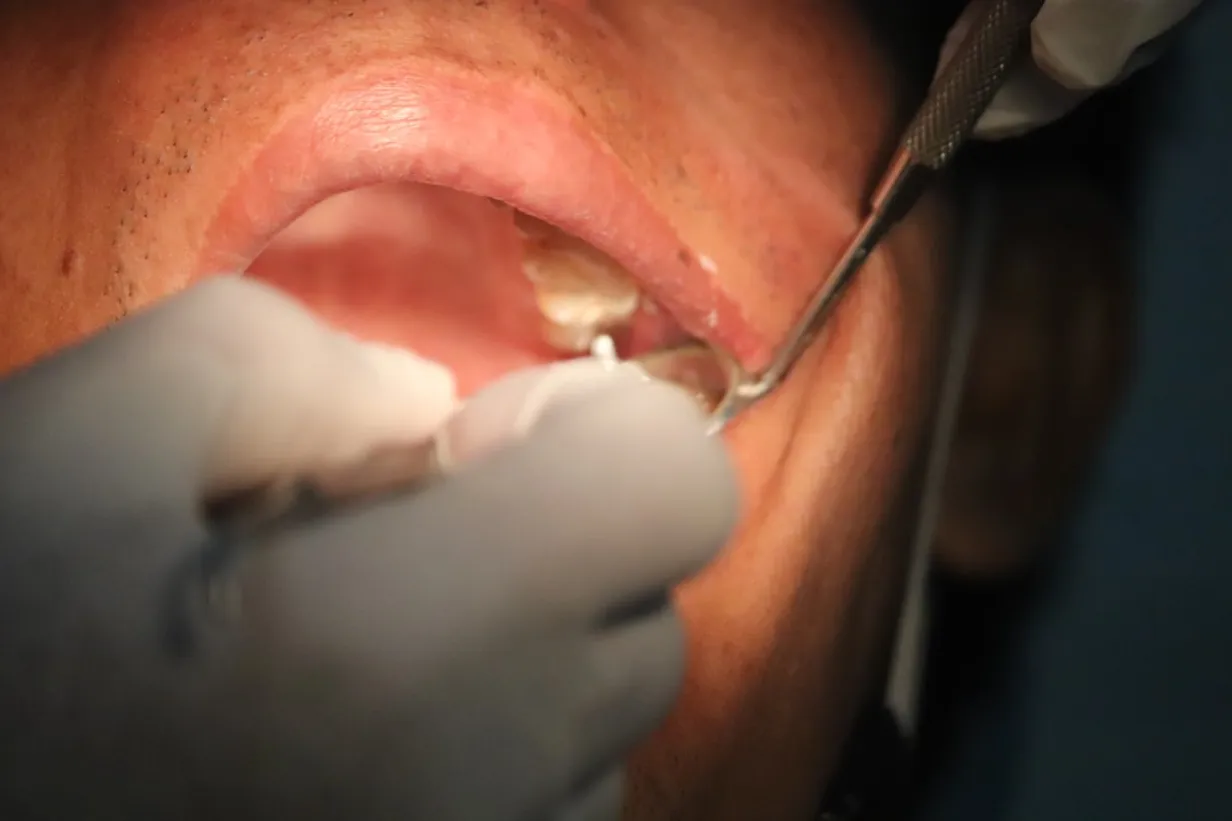What is Dental Plaque?
Dental plaque is a sticky, colorless film of bacteria and sugars that constantly forms on our teeth. It is a primary cause of tooth decay and gum diseases. Understanding its nature and effects can help you develop strategies to prevent its harmful impact on oral health.
Formation of Dental Plaque
Plaque forms when bacteria present in the mouth metabolize carbohydrates from food, creating an acidic environment. This acidic plaque adheres to the teeth, particularly around the gumline, hardening into tartar if not removed regularly.
The Impact of Plaque on Oral Health
If left unchecked, dental plaque can lead to significant oral health issues, including cavities and gingivitis, and can progress to more severe gum diseases like periodontitis. Preventing plaque is crucial in maintaining oral health and a bright smile.
Cavities and Tooth Decay
As plaque's acids attack enamel, they create tiny openings or holes in the teeth, eventually leading to cavities. Untreated cavities can cause pain, infection, and even tooth loss.
Gum Diseases
Persistent plaque can irritate gingival tissues, causing gum disease. This inflammation may result in bleeding gums, discomfort, and if escalated, tooth loss and jawbone deterioration.
Tips to Prevent Dental Plaque
Prevention is the best defense against dental plaque-related issues. Here are some practical approaches:
Adopt a Comprehensive Oral Hygiene Routine
- Brush Twice Daily: Use a fluoride toothpaste and brush for at least two minutes, ensuring all surfaces of the teeth are cleaned.
- Floss Daily: Flossing helps remove food particles and plaque between the teeth that toothbrushes might miss.
- Use Antimicrobial Mouthwash: Rinsing with mouthwash can reduce oral bacteria and help control plaque development.
Maintain a Healthy Diet
A diet low in sugars and starches can significantly reduce plaque formation. Focus on nutrient-rich foods that strengthen enamel and support gum health, such as fruits, vegetables, and calcium-rich products.
Regular Dental Check-ups
Regular dental visits allow for professional cleaning, plaque and tartar removal, and early detection of potential oral health issues, keeping your teeth and gums healthy.
Conclusion
With informed practices and consistent oral hygiene, you can effectively manage and prevent dental plaque, ensuring a healthier smile and lowering the risk of oral diseases. Embrace these strategies as part of your daily routine and enjoy the benefits of enhanced oral health.
Popular Health Articles
Explore our most popular health articles that have resonated most with our readers, offering valuable insights and practical advice.

Harnessing Technology to Boost Preventative Health Strategies

The Importance of Regular Health Screenings


